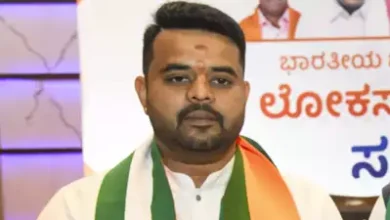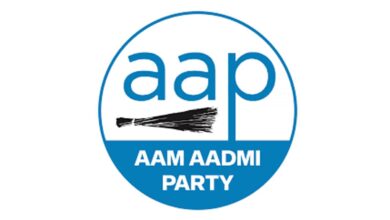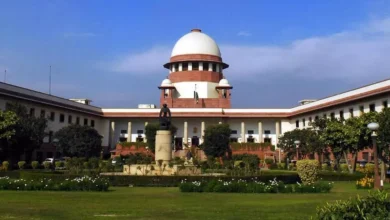Supreme Court cracks down on ‘media trials’, orders guidelines in 3 months
Top police officers of each state have been told to submit suggestions to the ministry within a month

The Supreme Court has taken strong exception to media trials while referring to biased reporting which gives rise to public suspicion against a particular person and which influences people to feel that a person has committed an offence. The court has further directed the Home Ministry to prepare guidelines for police to follow during press briefings in relation to criminal cases within 3 months.
Top police officers of each state and National Human Rights Commission have been told to submit suggestions to the ministry within a month and the next hearing will be held in January said the bench led by CJI DY Chandrachud, while underlining the need to sensitise police personnel.
“Administration of justice is affected by ‘media trials’
“Administration of justice is affected by ‘media trials‘. Need to decide at which stage (of investigation) details should be disclosed. This is a very important issue because it involves interests of victim and accused. It also involves the interest of the public at large… media report on crime-related matters involves many aspects of public interest,” the court said.
“At a basic level… fundamental right to speech and expression is directly involved in the context of both the media’s right to portray and broadcast ideas and news… but we should not allow ‘media trial’. People have the right to access information. But, if important evidence, is revealed during the investigation, the investigation can also be affected,” the court argued.
The top court was hearing a petition relating to a 2017 instruction on media trials. The court had then asked the government to frame rules for police briefings keeping in mind the rights of the accused and the victim, and to ensure those of both sides are not prejudiced or violated in any way and send a draft report within six weeks.
“The accused, whose conduct is under investigation, is entitled to a fair and unbiased investigation…. at every stage, every accused is entitled to presumption of innocence. Media reportage that implicates an accused is unfair,” the court said today.
In March, the Chief Justice had urged journalists to “maintain standards of accuracy, impartiality and responsibility in reporting” and said, “… selective quoting of speeches and judgments has become a matter of concern. This practice has a tendency to distort public’s understanding of important legal issues. Judges’ decisions are often complex and nuanced, and selective quoting can give the impression a judgment means something different from what the judge intended.”
Additional Solicitor General Aishwarya Bhati today assured the court the government will frame and release guidelines regarding media briefings by the police. Responding to this, an annoyed Supreme Court said, “Victim’s privacy cannot be affected. We also have to take care of the rights of the accused.”
“How should police be trained for media briefings? What steps has the Government of India taken (regarding) our 2014 instruction?” the court asked. Senior lawyer, Gopal Shankaranarayan, an amicus curiae, referred to salacious media reports surrounding the Aarushi case and agreed, “We cannot stop media from reporting but police need to be sensitive.”
Please, also have a look into : Cauvery Water Dispute: Supreme Court faces backlash for refusal to interfere



